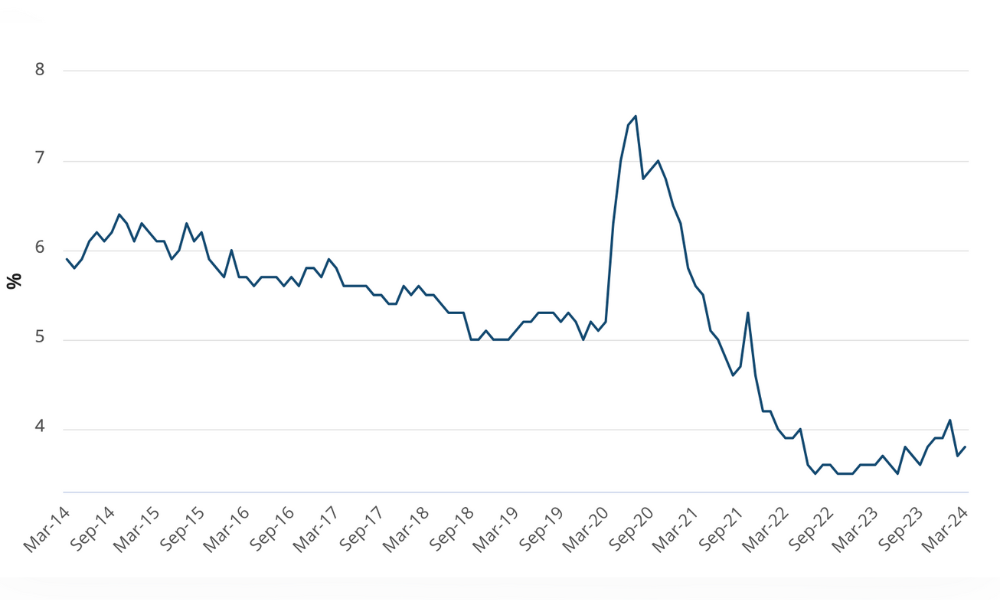Q. Having recently graduated with a degree in HR, can you please advise if it would be a better career step to start my HR career in a HR administration role or if I should instead consider a specialist HR role as an entry option? What are the pros and cons?
Q. Having recently graduated with a degree in HR, can you please advise if it would be a better career step to start my HR career in a HR administration role or if I should instead consider a specialist HR role as an entry option? What are the pros and cons?
A. There are a number of options open to you taking your first step into such a buoyant HR market. The question of whether to specialise or not depends on where you see yourself progressing in your HR career. If you have aspirations to become an HR manager or director one day, then an entry level HR administration role will enable you to understand the dynamics of how an HR team works. If you choose the right role you will get exposure to a range of HR issues and gain a broad understanding of operational HR. Remaining open-minded you will also see the reality versus theory of each of the specialist areas, including learning and development and recruitment, enabling you to see what you enjoy and choose your specialist area later in your career.
HR administration doesn’t mean the same thing it did five years ago. The evolution of HR and the more integral role it now plays in business have meant that the role of HR at each level has changed. You can gain exposure to a variety of meaty HR projects. Asking pertinent questions at the interview relating to the structure of the HR team, potential development opportunities and upcoming or current HR projects and initiatives is vital. The value of a strong HR mentor at this stage of your career should also not be underestimated; such an influence has been invaluable in assisting in the progress of some of the most talented HR practitioners today.
You are the master of your own destiny. If you work hard and use your initiative, you won’t be in an admin role forever. Eighteen months or two years in the presence of a strong mentor or team can sometimes be enough to give you a step up into a more senior role. Another thing to be aware of when selecting a new role is to ignore the job titles. There are a myriad of different titles at this level and often a major disparity between one firm’s notion of an HR administrator and another’s HR co-ordinator which are essentially very similar roles. Focus on reviewing the key responsibilities of the role and core experience required before choosing whether to apply. According to our HR Matters salary survey to be published in full in March 2007, entry level salaries range from $30,000 to $69,999 (the most common range being $40,000-$49,999), which as a guide will help you identify opportunities at the right level.
On the flipside, if you already know that in the long term you want to specialise within a particular area of HR, why wait? Excellent specialists in their field are always at a premium; that is, remuneration and benefits, operational development and learning and development are all increasingly becoming areas of HR that are being heavily invested in. If your passion is for learning and development/training then seek out entry level roles such as training co-ordinator opportunities within larger learning and development teams where you will get hands-on experience and exposure to these areas. Potentially undertaking further training such as the cert IV in workplace assessment and training will be valuable if you want to progress into a facilitation/learning development consulting role further down the line. Remuneration is no longer just for analytical, back office number crunchers! In a competitive market it is increasingly important for employers to ensure that they reward their staff appropriately in salary and in benefits. Don’t underestimate the value CEOs and business leaders put on numeracy and commercial acumen – both things to which a progressive remuneration and benefits role will give you in depth exposure to.
Agency recruitment is a popular option for graduates stepping into their first role. Selecting the right firm means you will gain some excellent training in recruitment and selection plus sales and influencing skills. You can recruit in a number of different areas and role specialisations, and building client relationships will give you contact with a diverse range of clients and the chance to see how their HR teams work. The larger agencies also may have the potential for you to move into onsite recruitment roles – a great bridge across into internal recruitment and HR.
If you do decide to go down a specialist route, be aware that it may prove more difficult to move back into generalist HR later. It is far easier to do it the other way round and generalist HR roles give you the opportunity to ‘try before you buy’. Essentially the most important thing when embarking on an HR career is choosing a role where you can gain as much relevant experience as possible in your chosen field
By Emma Trehy – consultant, HR Matters








